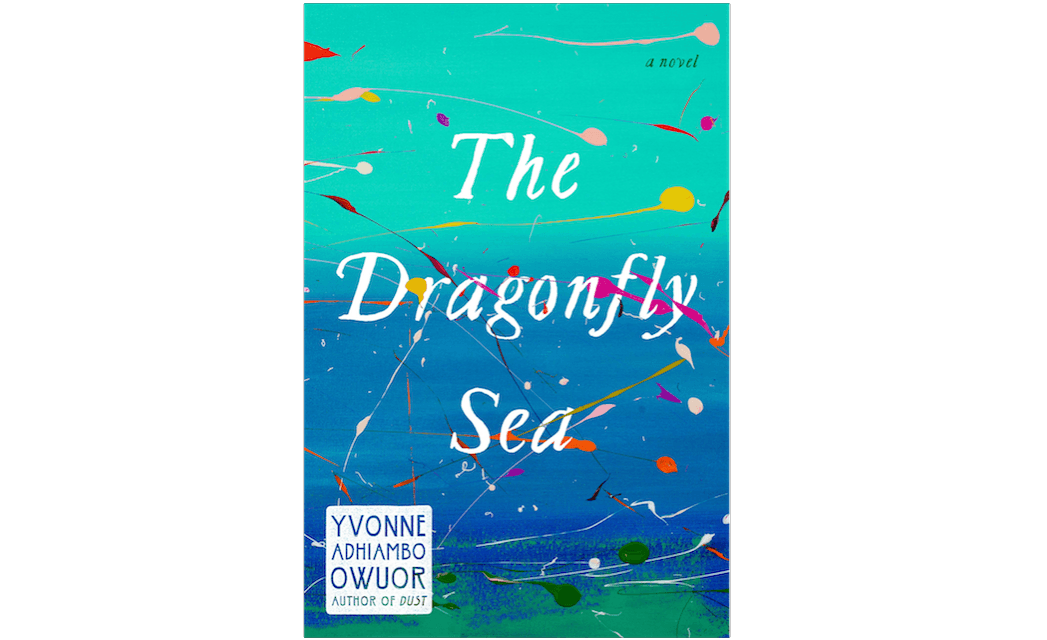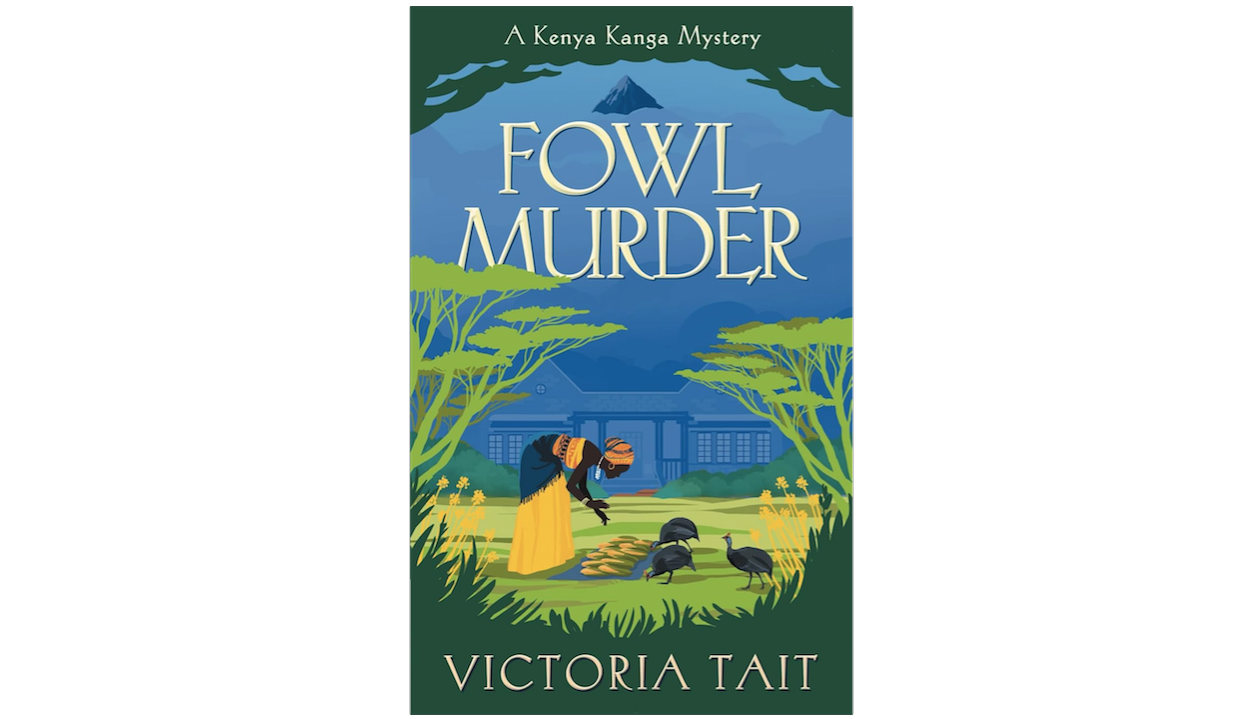

Victoria Tait’s Fowl Murder kicks up dust and secrets across Nanyuki, Kenya, pulling at threads of friendship, guilt and justice until the fabric tears wide open.
At its heart is Mama Rose Hardie, a paraveterinarian with arthritis, a disabled husband and a past she has been trying to forget.
But when her childhood friend Aisha returns after decades away, reopening a tragedy Rose hoped was buried, things spiral fast. Aisha is murdered. The police call it accidental. Rose knows better and decides to hunt for the truth, whether she is ready or not.
The author does more than spin a cosy mystery. She weaves atmosphere, moral weight and character so vivid, you can almost feel the sunbaked scrubland beneath your sandals.
The setting is more than backdrop. Nanyuki itself, with its drought grasses, cracked earth and the imposing silhouette of Mt Kenya, becomes a living, breathing character. Rose’s aches, her fatigue, her sense of age surface often and realistically, grounding the story.
Rose is a powerful sleuth because she’s observant, loyal and haunted by remorse. Her self-doubt, when it comes in quiet moments, makes her more human. The mystery is well layered: There are past deeds, broken friendships, blackmail, ambitious suspects and intimations of corruption. Through it all, Rose feels not like a genre device but like a person who has lived, faltered and is now seeking redemption under the relentless African sun.
Two quotes linger long after reading, not just for what they reveal but also for the weight they carry. “You owe it to my mother,” says Thabiti, his words cutting through Rose’s guarded calm like a blade. It is a plea but also an accusation, a demand for accountability wrapped in grief.
Later, Rose herself wonders, “Did she really kill that man? After all, she did fire the shotgun.” It is a small, almost whispered confession that opens up the novel’s deeper moral terrain: Where does guilt end and responsibility begin? These lines encapsulate the emotional tectonics of the book: accusations old and new, self-doubt and the blurry divide between accident and intent.
The author’s pacing has an elegant rhythm, unhurried yet never stagnant. As Rose digs into Aisha’s death, she unearths more than motives; she unearths her own past. The tension builds like a gathering storm, slow at first but once the thunder starts, there is no escape. Each revelation feels earned, each clue embedded naturally in conversation, gesture or silence.
Just when you think you have identified the killer, another shadow stretches across the scene. The dialogue crackles with authenticity, especially between Rose and Thabiti, whose calm moral compass steadies Rose when guilt threatens to consume her.
Beneath the suspense, Fowl Murder is also about time, how it erodes truth, reshapes memory and blurs right and wrong. The author’s prose carries an almost tactile quality. You can smell the dust, hear the hum of cicadas, feel the slow, deliberate pace of life in rural Kenya. It is a world where justice moves at its own tempo and the ghosts of the past refuse to stay silent.
The novel’s heart lies not in the ‘who’ of the murder, but in the ‘why’ — why people betray, why they forgive, why they keep secrets even when silence costs them everything.
If there is one weakness, it is that Fowl Murder occasionally leans a bit too comfortably on familiar cosy-mystery patterns. Some suspects feel predictable, their guilt or innocence telegraphed early on.
And though Rose’s introspection gives her depth, the story sometimes lingers too long in her memories, softening the tension just when the plot is ready to strike again. Yet even in those slower moments, the author’s empathy for her characters keeps the pages alive.
Ultimately, Fowl Murder is less about solving a crime than about untangling the mess of being human. It is a story of resilience, regret and the quiet strength of a woman who refuses to look away from the truth even when it stares back with the eyes of an old friend.
With its vivid setting, layered moral questions and a heroine who feels utterly real, this novel stands as a refreshing, thoughtful entry into the cosy-crime genre, one that lingers in the mind like the heat of a late Kenyan afternoon.
If you are craving a whodunit with heart, grit and the smell of dust and danger in the air, Fowl Murder is a case worth following to the end.


















